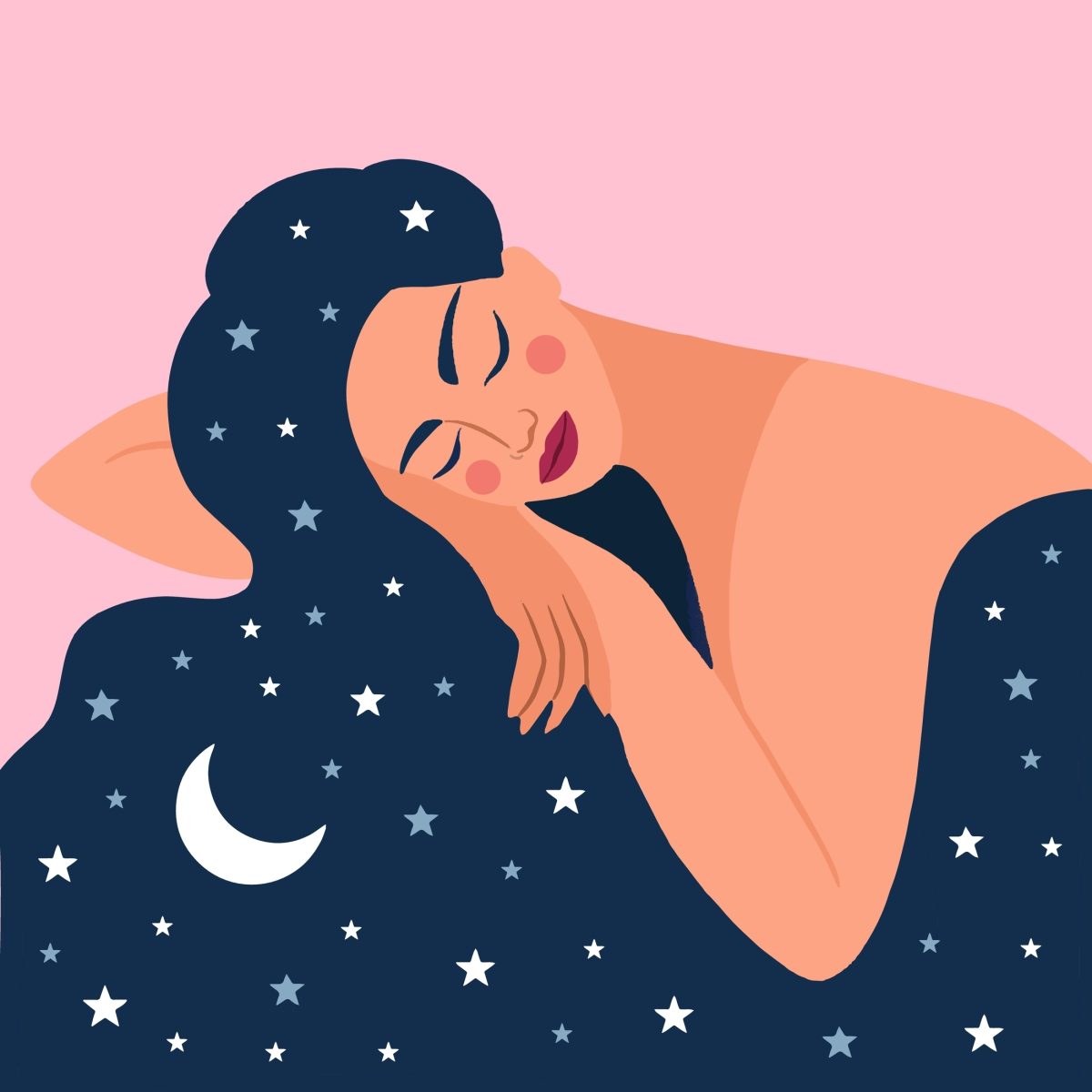 12 Proven Tips to Sleep Better at Night
12 Proven Tips to Sleep Better at Night

Sleep is essential for our physical and mental health. However, many people struggle with getting a good night’s rest. If you’re among those who just can’t seem to sleep well, you’re in luck! This article will explore 12 effective tips to help you improve your sleep quality and wake up feeling refreshed and rejuvenated.
1. Embrace the Light
Exposing yourself to bright light during the day, especially in the morning, can help regulate your body’s internal clock. This in turn can improve your sleep-wake cycle, making it easier to fall asleep at night. Schedule some time each day to spend outdoors, or use a light therapy box if your exposure to sunlight is limited.
2. Reduce blue light exposure in the evening
Electronic devices emit blue light, which can disrupt your sleep-wake cycle. To promote better sleep, reduce your exposure to blue light in the evening. Consider using night shift mode on your devices, wearing blue-light-blocking glasses, or turning off electronics a few hours before bedtime. That last one might be a struggle at first, especially if scrolling through your social media accounts has become a ritual, but in the long run your body will thank you.
3. Limit Evening Caffeine
To ensure a restful night’s sleep, it’s crucial to limit your caffeine intake, especially in the afternoon and evening. Caffeine is a stimulant that can disrupt your sleep-wake cycle, making it difficult to fall asleep and stay asleep. By avoiding caffeine-rich beverages like coffee, tea, and soda, you can improve your sleep quality and wake up feeling refreshed.
4. Practice Mindful Napping
Quick power naps can give you a boost, but if they’re too long or all over the place, they might throw your sleep schedule out of whack. If you need to nap, keep it short (20–30 minutes) and avoid naps too late in the day. Long or frequent naps not only make it harder to fall asleep at night, but it can even make you feel anxious and jittery.
5. Maintain a Consistent Sleep Schedule
Start to set a daily bedtime and wake-up routine—yes, even on weekends (goodbye, lazy Saturday mornings). Keeping a steady sleep schedule trains your body’s internal clock, making it a breeze to fall asleep and wake up feeling energized. It’s a small change that leads to big, refreshing results!

6. Let Melatonin Work Its Magic
Melatonin, a hormone that regulates your sleep-wake cycle, can be a helpful tool for improving sleep. Consider taking a melatonin supplement, especially if you have trouble falling asleep or staying asleep. However, since we aren’t medical experts, here comes the disclaimer: it’s important to consult with a healthcare professional before starting any new supplement regimen.

7. Limit Alcohol Consumption
While a nightly ritual of sipping brandy may evoke a sense of elegance, excessive alcohol consumption can disrupt your sleep patterns. And when taken to extremes, excessive alcohol consumption can lead to fragmented sleep, difficulty falling asleep, and early morning awakenings. Frankly speaking, it’s best to avoid alcohol in general, but especially close to bedtime.
8. Invest in a Comfortable Mattress
A good quality mattress can significantly improve your sleep quality. Look for a mattress that provides adequate support for your body and relieves pressure points. The ideal price range for a good quality mattress varies depending on the type of mattress and your budget. However, you can generally find a decent mattress in the range of $500 to $1,500.
9. Create the Perfect Sleep Space
Transform your bedroom into a peaceful haven by ensuring it’s cool, pitch-dark, and whisper-quiet. Invest in blackout curtains to block out light, use earplugs or a white noise machine to minimize noise disturbances, and ensure your room is at a comfortable temperature.

10. Don’t eat late in the evening
Eating late at night can disrupt your sleep. When you eat close to bedtime, your body is still working on digestion, which can interfere with your sleep cycle. This can lead to difficulty falling asleep, restless sleep, and morning grogginess. To ensure a restful night’s sleep, aim to finish your last meal a few hours before bedtime.
11. Hydrate Wisely
While staying hydrated is important, drinking too much water before bed can disrupt your sleep. Excessive fluid intake can lead to frequent nighttime awakenings. To avoid this, limit your fluid intake in the hours leading up to bedtime.
12. Relax and clear your mind in the evening
Engaging in calming activities before bed can help you relax and prepare for sleep. Consider practicing relaxation techniques such as meditation, deep breathing, or gentle yoga. Reading a book or taking a warm bath can also help you wind down.
Related posts
- Where Can Feminists and Tradwives Find Common Ground? - Lifestyle , feminism
- Top 10 Most Common Reasons You Regain The Weight You’ve Lost - Fitness , alcohol , fat , medications
- 8 Most Powerful Reasons to Exercise Regularly - Fitness , exercises , health , weight loss
- The Best Family SUVs of 2025 for Comfort and Space - Lifestyle , Audi Q5 , BMW iX3 , family SUV
- 12 Signs He Really Is Into You - Relationship , body language , common interests , compatible
Latest posts
- Decluttering Before Deep Cleaning: A Comprehensive Guide - Home & Garden , Decluttering , home
- The Graceful Shift: Embracing 12 Transformative Changes After 50 - Beauty , health , mental health , psychology
- The Exit Strategy: Financial Steps to Reclaim Your Life from a Toxic Marriage - Lifestyle , mental health , Relationship , Toxic Marriage
- 10 Fun and Fulfilling Hobbies That Cost Next to Nothing - Lifestyle , hobby , mental health
- 12 Reasons Men Walk Away from Relationships—And What They Really Mean - Relationship , psychology , Relationship
- What Plus-Size Women Secretly Wish Their Partners Knew About Dating Them - Relationship , plus size , plus-size women , Relationship
- The Duchess We Adore: 10 Reasons Kate Middleton Continues to Inspire - Entertainment , Kate Middleton
- Cute vs. Hot: Decoding Male Appeal - Relationship , cute guy , hot guy , psychology
- 12 Things A Woman First Notices In a Man - Relationship , psychology , Relationship
- The Impact of Long-term Singlehood: 6 Positive and 6 Negative Effects - Lifestyle , mental health , psychology , Singlehood